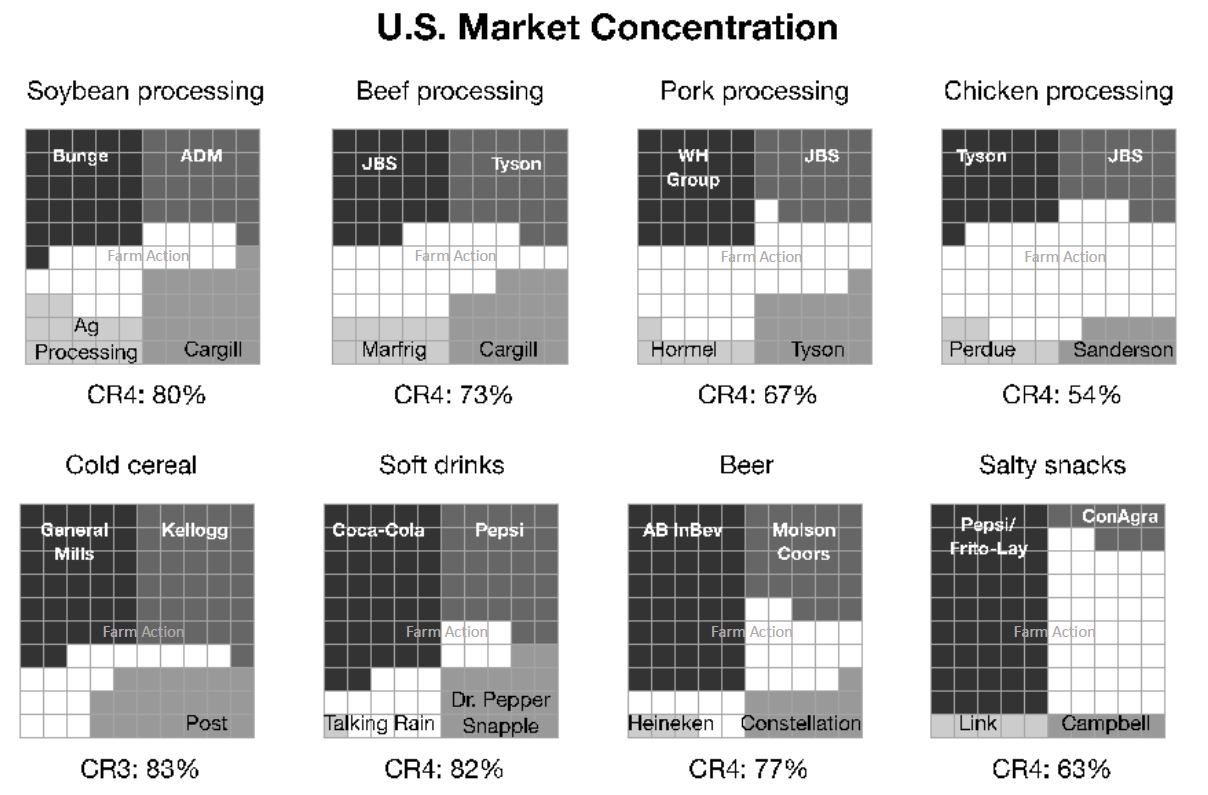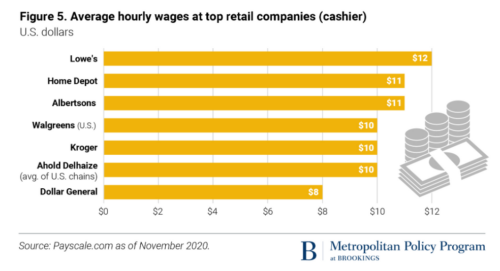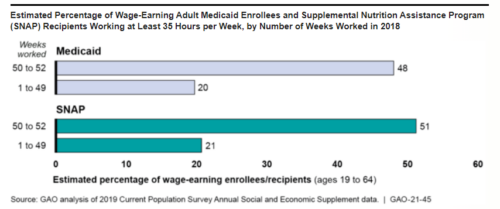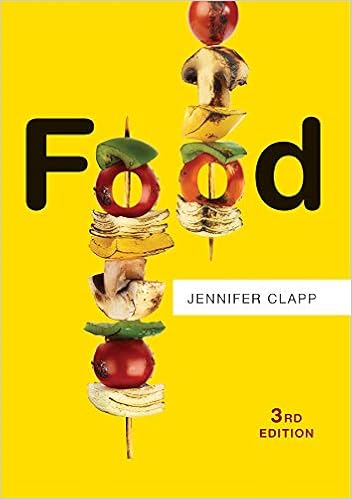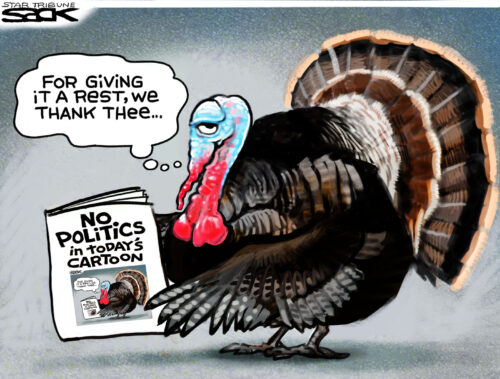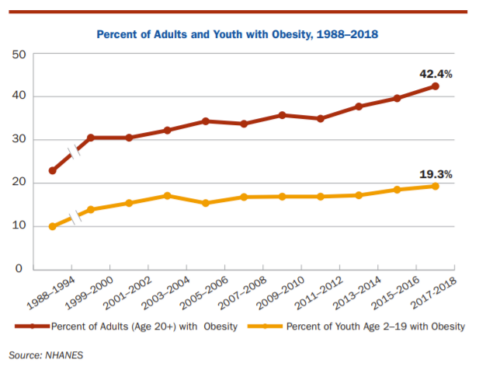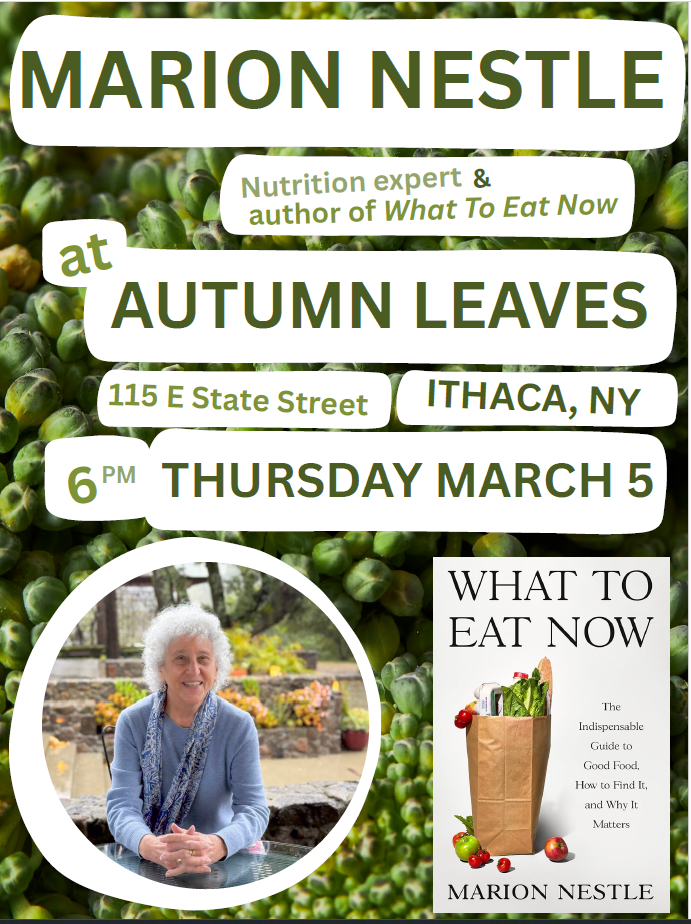Food in the Coronavirus era: cookie addiction ?
Tobacco, alcohol, and opioids are not enough; now we have cookie addiction to contend with?
For this I am indebted to Rija, whom I do not know, but who emailed me this message:
To celebrate National Cookie Day, TOP Data conducted a study and found that American cookie consumption has increased by over 25% during COIVD. So much so that now 1 in 5 Americans are considered cookie addicts, consuming over 3 cookies per day.
Cookie Day Insights:
- Cookie Consumption across the country has risen 20% during COVID
- 1 in 5 Americans consume 3+ cookies on an average day
- Utah leads the nation in cookie consumption
- The 7 states that love cookies the least are all in the south
To see where your state ranks check out the full report and infographic.
Who knew that someone was keeping these kinds of statistics.

More than 16 percent of Americans consume 96 or more cookies a month?
One third of Americans has a cookie a day?
How big are those cookies?
Recall: big ones have more sugar and more calories.
I’m all for cookies, but small ones please.
No wonder some people are at high risk for bad outcomes from Covid-19.

